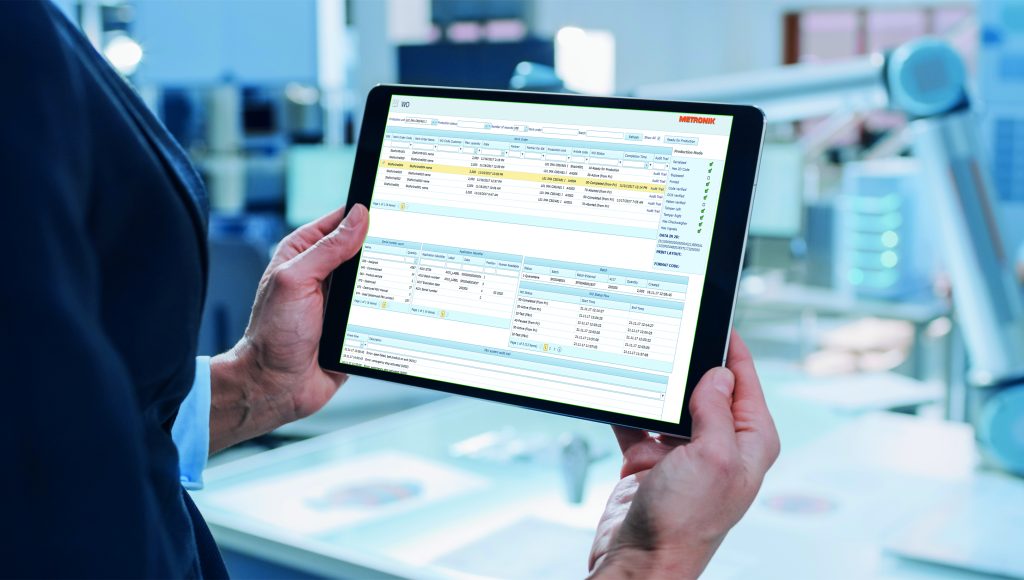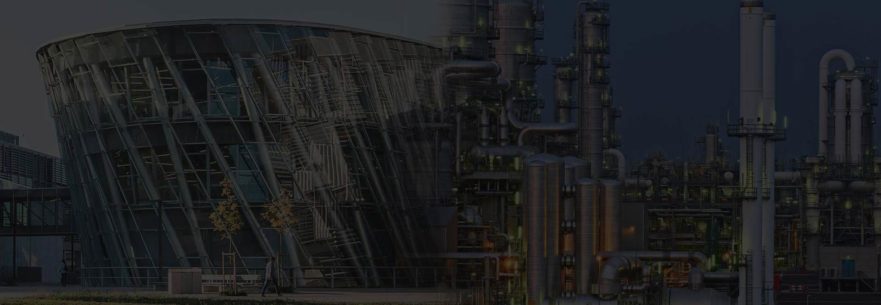Despite the high level of automation and robotics in modern industry, the influence of employees remains a key factor for production success. Although difficult to measure precisely, knowledge, skills, good management and a positive working environment can increase productivity by 10 to 30%. It is therefore important for manufacturing companies to monitor and manage these aspects, particularly by developing competencies, which are an essential element of employee impact.
How do employee competencies affect productivity?
Competencies – the knowledge, skills, abilities and experience employees need to successfully perform their work in production – contribute to success in several ways. These include better control of processes and costs, compliance with regulations and standards, and greater adaptability to internal and external changes.
Effective management of competencies in manufacturing is often hampered by dispersed data, a lack of visibility into employee performance and best practices, and insufficient time for managers to conduct analyses.
The Employee competency management module, part of Metronik’s MePIS MES production management system, can assist in addressing these challenges.
How does the IT solution for competency management work?
The solution is based on competency transparency and offers several important functionalities:
Competency matrix. Thespecific needs of production processes include the tracking and management of competencies related to work on production lines, the use of equipment and machinery, and compliance with production regulations.
Staff allocation. In addition to normal scheduling, it allows for the automatic allocation of employees based on their competencies and production needs to achieve maximum productivity with the available workforce.
Notifications. At the start of each shift, it can verify the compliance of competencies for each production unit and alert managers t
o potential risks. It can also offer operators customized work instructions depending on the workstation, product in progress and the type of event that occurs.
Advanced analytics and reporting. It provides advanced analytics on production employee competency data, including performance reports, training tracking, risk assessments and analysis of employee performance on individual job tasks (KPIs).
Transparency and traceability. In conjunction with the HRMS, it enables tracking the validity of certificates for the use of production equipment, occupational safety, competence in production procedures, etc., as well as authorizations for working on machinery and equipment in production.

Metronik’s innovative solution for managing employee competencies in production
At Metronik, we have integrated competency management functionalities into the MePIS MES manufacturing management system, enhanced them with AI algorithms specific to the manufacturing environment, and created an innovative solution designed for different types of industrial users.
It enables production managers to better plan work shifts, provides transparency of production processes with notifications of deviations in employee competencies, and offers the possibility to independently analyse and prepare development plans for employees.
For operators and maintenance staff, it provides support for faster onboarding, customized personal development plans, and performance feedback to improve skills and motivation.
With these and other advanced features, MePIS MES can make a significant contribution to faster and more fluid production processes, fewer errors, higher product quality and lower employee-related costs.
In addition, the solution is configurable, adaptable also to the needs of regulated industries, simple and user-friendly.

Key benefits of managing competencies in manufacturing
Cost reduction. Employees with the right competencies can better utilize production equipment, leading to higher product quality, improved yields and lower costs.
Fewer delays. They can also work faster and more efficiently, which in intensive industries helps to shorten cycles, reduce delays and increase production.
Employee satisfaction. More motivated, engaged and satisfied employees lead to higher productivity, less sick leave and better quality of work.
Regulatory compliance. In many manufacturing industries, the compliance of production processes and products is dependent on employee competencies.
Flexibility. Employees with the appropriate competencies are also better able to adapt to changes in production, allowing companies to respond more easily and quickly to market and technological innovations.
For more information on the IT solution for effective management of employee competencies in production, please contact Aleš Temeljotov at ales.temeljotov@metronik.si.




